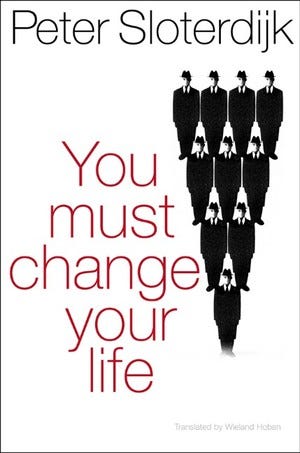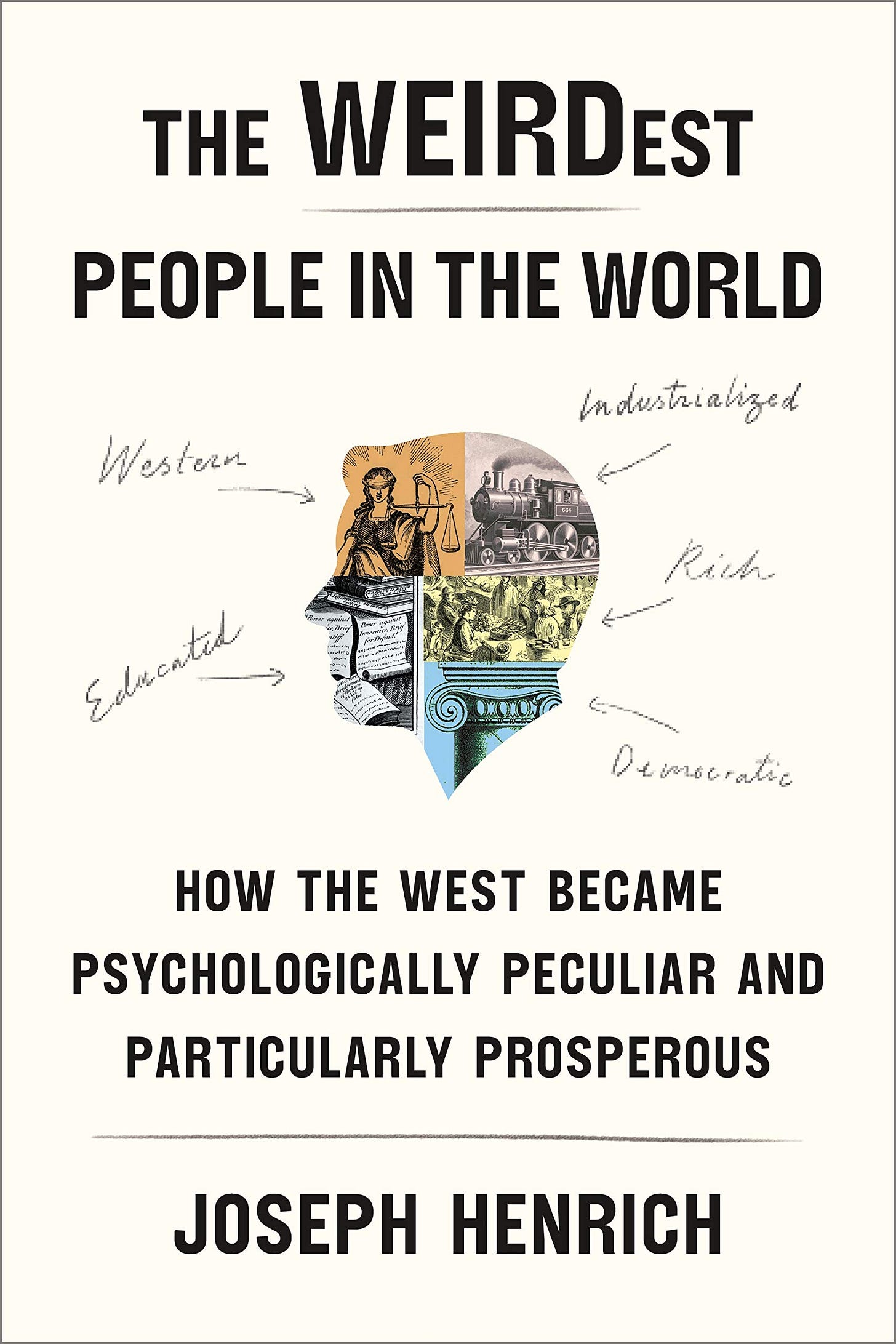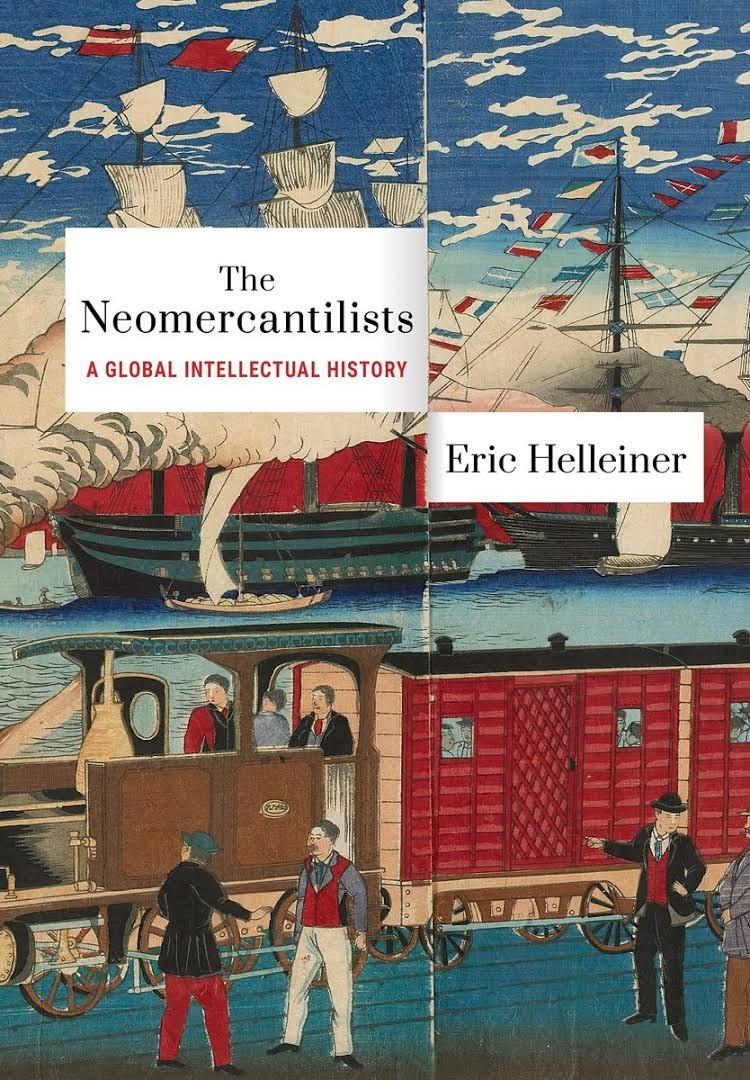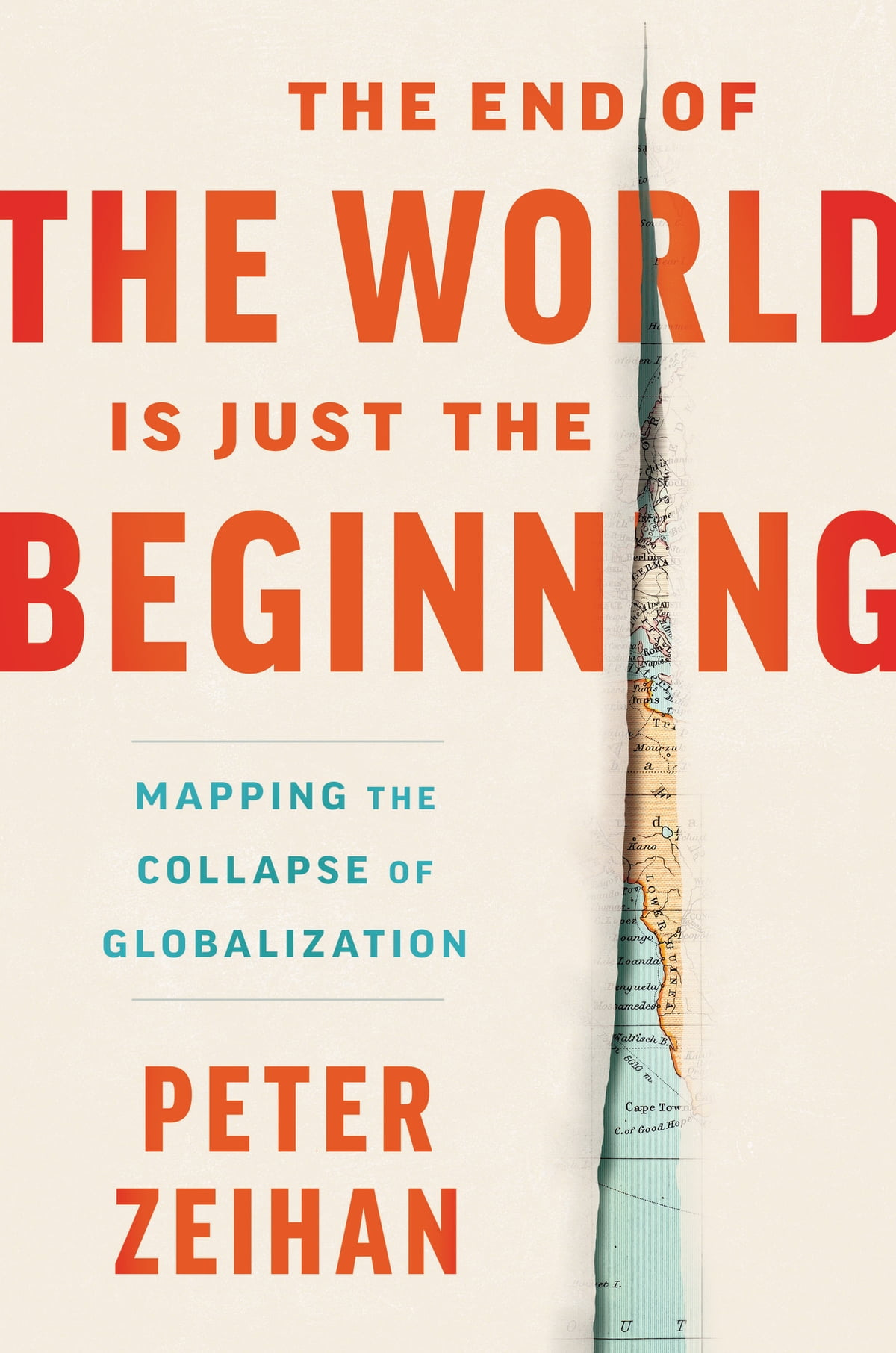You Must Change Your Life by Peter Sloterdijk
This book came out in German in 2009 and in English in 2013. It has a fresh relevance, I think, due to the massive growth of interest in self-improvement culture, biohacking, nutrition, self-remaking, genetic engineering etc. He talks of “anthropotechnics,” spiritual regimens, self-enhancing behavior, “doctrines of life practice”… Sloterdijk’s style is not to everyone’s taste but I admire it. He scatters a lot of seeds in the mind. I liked the chapter Only Cripples Will Survive about the practice of overcoming the limitations of the body.
“Wherever one encounters members of the human race, they always show the traits of a being that is condemned to surrealistic effort. Whoever goes in search of humans will find acrobats.”
Though I wonder what he would think about The Liver King….
Ataturk by Patrick Kinross
I became fascinated this year by Ataturk, father of the modern Turkish nation. He was born into a declining multicultural Empire full of lawlessness and instability. His lone-wolf air of superiority did little to charm the nationalist leadership of the time, who he regarded as far too conservative in their vision and who even tried to assassinate him. Like Caeser, he went away and proved himself on the battlefield and returned to triumph over opponents and critics on all sides. Against incredible odds he saw his radical, secular, ultra-modern vision through. Truly one of the most successful revolutionaries in world history, even down to the alphabet that Turkish people use today.
The United States Of Europe: The New Superpower and the End of American Supremacy by T. R. Reid
The financial crisis and the migrant crisis made many Europeans doubt the competence of the EU leadership and the legitimacy of the whole project. Ever since, those wounds have remained open. But something is changing. There is noticeably more of a sense of mission and long term thinking, more big spending on research and development and more military planning. The most gloomy anaylsis says Europe’s economy is being deliberately destroyed by America, the most optimistic says this conflict has brought about a new dawn for Europe. Every day I search the Brussels news hoping to work out the truth.
I’ve also been reading a few books on the EU - The United States Of Europe: The New Superpower and the End of American Supremacy by T. R. Reid, Europe’s Last Chance by Guy Verhofstadt, Future War and the Defense of Europe by Ben Hodges, John R. L. Allen, and Julian Lindley-French, and Thomas Fazi’s The Battle For Europe. This book by Reid is a little out of date but it makes the case that the EU is much more potentially formidable than it may seem.
The WEIRDest People In The World by Joseph Heinrich
White people crazy. But why?
Heinrich argues that the evolutionary conditions created by the Catholic Church through strict edicts on incest, monogamy and other things destroyed kin-based society in the West and made us more individualistic, abstract, universalist and generally peculiar. WEIRD stands for Western, educated, industrialised, rich, democratic. A very interesting thesis.
The Neomercantilists by Eric Helleiner
If you want to understand the system that is replacing neoliberalism and globalisation before our eyes, or the system that made America great, this is the best book to read. The Neomercantilists include figures who readers will know I’m very interested in like Henry Carey and Friedrich List. In the standard Marx versus Smith dichotomy that shapes our thinking, this much more consequential history is erased. The world is returning to these older ideas about protectionism and internal improvements in order to strengthen industrial and state power.
The End Of The World Is Just The Beginning by Peter Zeihan
Peter Zeihan delivers counterintuitive and sometimes grim geopolitical analysis with a charming upbeat sense of humour. His books help the reader to think more in terms of geography and resources than in abstractions or in terms of the partisan circus of the day. He also demonstrates the very serious consequences of aging demography. I don’t know if his predictions will prove true but he definitely took me out of an echo chamber, which also forced me to change my habits of reading and finding information.
The Destiny of Civilisation: Finance Capitalism, Industrial Capitalism or Socialism by Michael Hudson
This is a very different perspective on the world to the one above. I read a lot of Michael Hudson this year, including Superimperialism, this book and Killing The Host. There are a lot of radical ideas in these about how to transcend the financialised and rentier system that he considers the result of a counter-Enlightenment.
The Geography of Nowhere: The Rise and Decline of America's Man-Made Landscape by James Howard Kunstler
I only discovered this book this year. It’s about suburbia, anti-social dullness in the built environment, the death of Main Street and civic life and culture and the proliferation of socially dead zones. It was an influential argument and it remains relevant still on the 20th anniversary edition. How did it come to be and how could it be otherwise?
The Master of Us All: Balenciaga, His Workrooms, His World by Mary Blume
I was curious about the original Spanish couturier Cristobal Balenciaga, with the fashion brand named Balenciaga in the news over various scandals. His designs are the most stunningly beautiful that I have ever seen. He also had an interesting life. I’m going to be writing more on him but for now, here are some pieces to look at. Savour the lisp.














Thank you so much for sharing your selection. Each book seems very interesting. Already picked one to look for. Happy Holidays
I love You Must Change Your Life! I've read that work twice. His defense of the vertical is so important. I'm all for a good base camp, but opposed to the culture of demonizing those who want to adventure outside of its confines in attempts to challenge oneself and redefine what is possible.